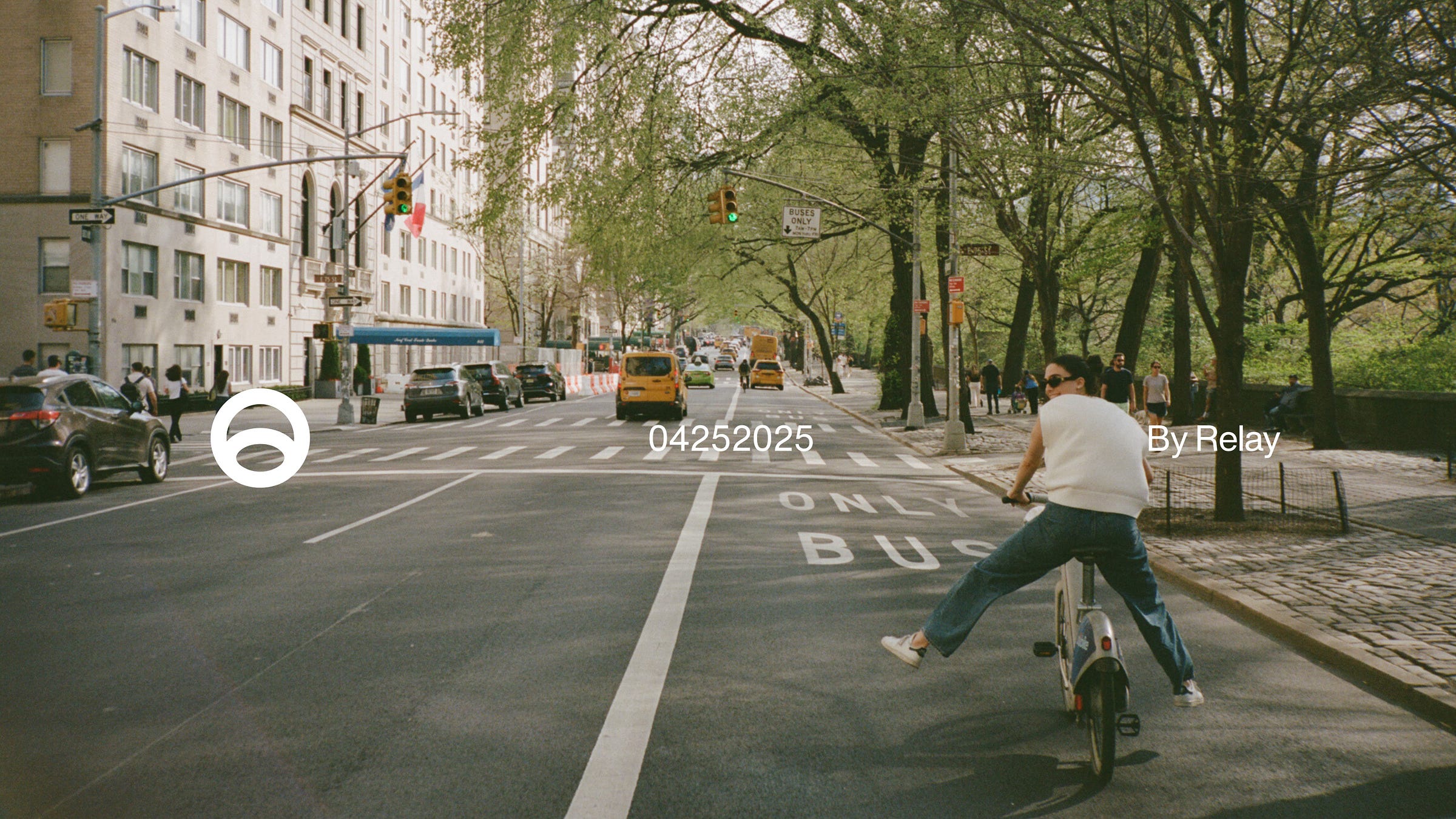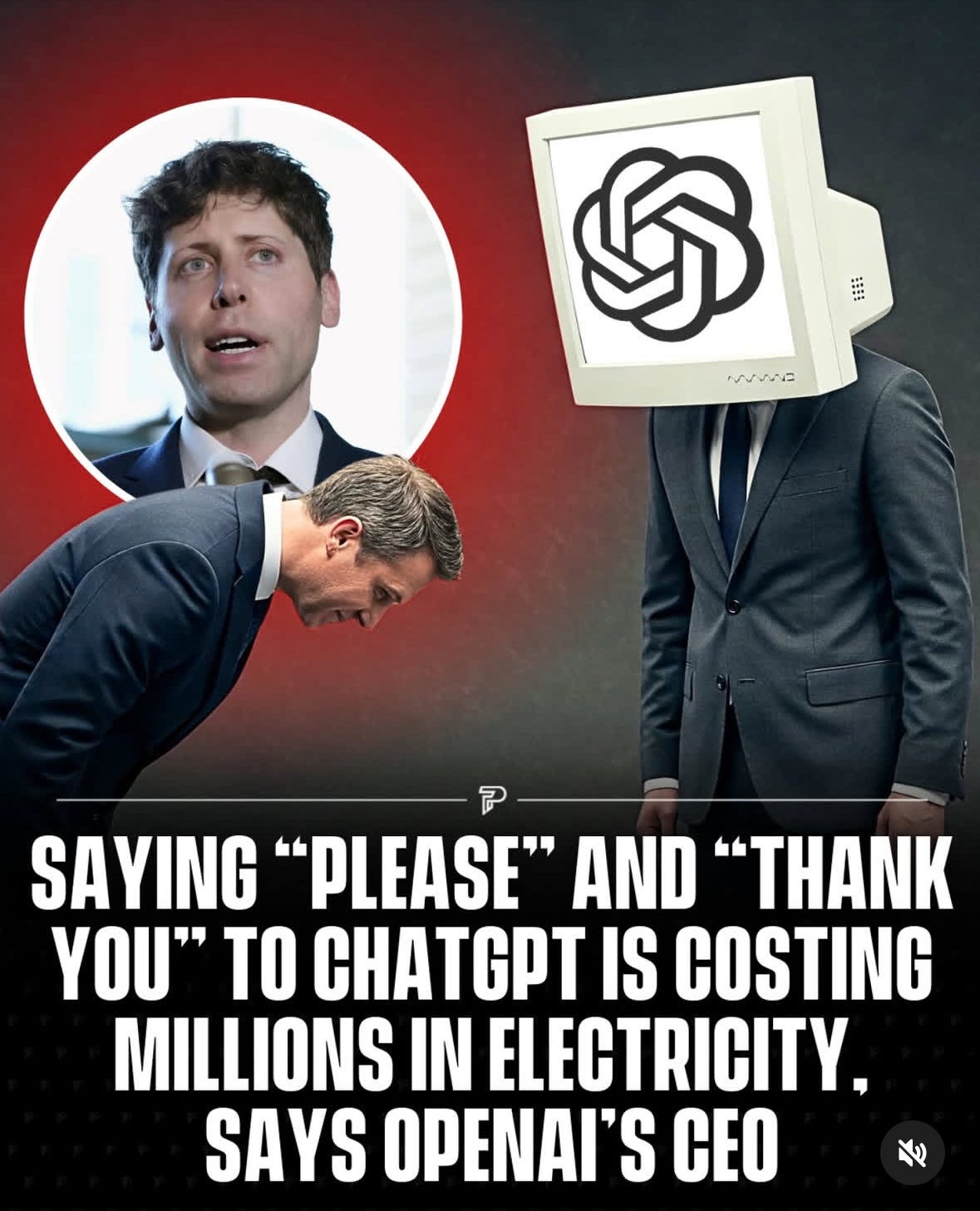Every Friday
What if all of life feels like it happens at the beginning?
This week we watched Conclave (timely, given the death of the Pope), and we were surprised to find ourselves completely absorbed in the viewing. An entire film about electing a new pope—and it kept us on the edge of our seats.
In an era where the internet has splintered everything into a thousand niches, it’s wild — and weirdly reassuring — to see billions of people tuned into the same story. Proof that shared meaning isn’t gone entirely.
Whether you love or loathe the Vatican, it’s historic: the search for a new leader in a faith facing massive cultural shifts—AI, love, unity, relevance—all on the table.
It’s tempting to reach for universal truths when thinking about religion, myth, or culture.
Sometimes, that instinct oversimplifies. Cultures don’t erode neatly; they shift and adapt under pressure—especially when power, empire, or newer belief systems enter the picture. The real challenge is learning how to observe those shifts without boxing them in. More curious than conclusive. This is the lens we hope to explore each week.
So, to whoever this new fearless leader ends up being—consider subscribing to Relay?
“To be faithful, to be creative, we need to be able to change."
— Pope Francis“At the end of your life, looking back, whatever compelled your attention from moment to moment is simply what your life will have been.”
— Oliver Burkman
Top of Mind
Best of Substack this Week
I’m (Macke, 27) terrified of the proportional theory of time. Twenty two felt like yesterday and I don’t even remember being twelve. It’s as cliche as it sounds and it’s hypothesized this will only speed up as I age. What if all of life feels like it happens at the beginning?
This week, Substack felt the same and yearned to press on the break. If time is ultimately subjective and the perceived speed at which it passes depends on variables, we can do things to slow it down.
It’s tempting to romanticize childhood, to believe that life was once more vibrant simply because we were young. But the truth is, we weren’t just young - we were present. Our attention was sharper, our awareness wider. The world was unfamiliar, and our brains, hungry for understanding, devoured every detail. Nostalgiacore is about more than just nostalgia - it’s about a longing for the way we once inhabited time. Time itself hasn’t sped up - we’ve just stopped experiencing it the way we used to.
why time felt slower when we were kids (and how to get it back)
The answer seems to be a combination of novelty and disconnection. yana yuhaicompiles a long list of things to try to reconnect us to the novelty of youth. They’re all so simple, and we at Relay have been thinking about them all week. And, despite the fact that everyone and everything is trying to convince you otherwise: boredom is a good thing.
If you really think about it, being bored is where all the good stuff happens. When i’m bored, I notice things I would never notice. Strange shadows on the wall, the way light hits a glass of water and how I wish I could take a picture of it, thoughts I’d never chase if I were busy “bettering myself” with a podcast or productivity hack (which im guilty of and I think there’s tons of value in). It’s wild how often we convince ourselves we’re improving by consuming more, when maybe the best thing we could do is nothing at all.
Behind The Screens
We are pretty gung-ho on the topic in Perplexity’s recent post on basically winning by being the best option. In tech, in life, everyone wants to see the most deserving piece of software, or person, come out on top. Those of us engaging in fair competition with our compatriots are repulsed by measures taken to jump in line and shut others out. Also, while this isn’t the same behavior Perplexity criticized Google about in their article, it’s still funny.
Ben Kuhn, an engineer at Anthropic (one of our favorite companies to watch), recently published a great piece titled "Impact, agency, and taste." It is a sharp look at how high performers position themselves to provide value—and it applies way beyond AI. With Anthropic making headlines this week in the NYT and dropping a new white paper, it’s a good reminder that quality people build quality stuff.
"Care and Quality are internal and external aspects of the same thing. A person who sees Quality and feels it as he works is a person who cares. A person who cares about what he sees and does is a person who’s bound to have some characteristics of Quality"
— Robert M. Pirsig
Roy’s back—and raising eyebrows (and $5.3M) with Cluely, a new AI tool that helps users “cheat on everything” from interviews to everyday convos. Columbia suspended him over the original version after he landed multiple big-tech internships using his software to cheat on the interviews, all the while building in public. He’s already doing 200k a month profit with InterviewCoder, it will be interesting to see how scalable this is to other parts of life. We were early on Roy in one of the first Relay editions and now we’re loving all the hate Cluely’s rollout video is getting. Similar to his entire brand, it’s clearly a marketing stunt and all the private equity guys need to take a beat.
From Washington
Malcolm Harris’s quote, “Efficiency is our existential purpose, and we are a generation of finely honed tools, crafted from embryos to be lean, mean production machines” came to mind while reading Kyla Scanlon’s recent post on compliance in American politics and society in general today. Scanlon argues the we need less lean, mean production machines and more people who can color outside the lines.
Mayor Pete is continuing his quest to rehab the Democratic brand with media appearances where conservatives normally hang out. He joined the Flagrant crew to riff on tariffs, his time in the military, and working as a McKinsey consultant before jumping into politics. Some of us unapologetically think this podcast still sucks and the jury is still out on Andrew Schulz — we much prefer Tim Dillion — but it’s worth a listen if you’re on the Buttigieg wagon.
Normally Paul Graham tweets would land in Behind the Screens, but his comments about Palantir this week veered straight into policy territory. He accused the company of “building for the police state” - a bold claim that was buried by Palantir’s Head of Commercial, Ted Mabrey.
Ctrl+Alt+Culture
This week carried big news for a few of Relay’s favorite brands:
Double RL (RRL, Ralph Lauren’s purple label) dropped an iconic, americana, first look at their Summer ‘25 catalog.
Aime Leon Dore (ALD) dropped their yearly golf collection.
Every Other Thursday (EOT) dropped their first women’s collection.
In other news, boat shoes and Sperry’s are so back, The Boat Shoe Conundrum (Will deFries)
The death of Pope Francis (looking at you JD) has drawn Catholics into a moment that feels increasingly rare in a post-monoculture world: a global pause for 1.4 billion people. Conclave — the 2024 Oscar winner dramatizing the papal selection process — is surging on Amazon Prime. The real conclave is unfolding behind some of the most intense anti-surveillance tech on earth: signal jammers, bug sweeps, and lead-lined walls.
ICYMI: Happy Hour Edition
It’s Not That Deep, Randy
Thanks for reading—or for mega scrolling all the way down here.
The internet is an overwhelming mess of headlines, ads, and mid takes from the worst people you know. Big Tech owns our attention spans. Everything is content. Nothing makes sense.
We’re not here to “fix discourse” or “build a better internet.” Relay is just our attempt to riff on what we’re already talking about at happy hour without feeling like we’ve been hit by a content truck. Some analysis, some memes, call it a day.
You might like it. Tag along.
We also have Sunday posts you can check out:
Subscribe and leave us a comment so we know you’re out there.



















this week, to slow down, i’m doing the following:
- no phone or audio on the walk / bike to work
- leaving the phone at home for menial errands
- running without AirPods
Justkilled Dapope Vance mention